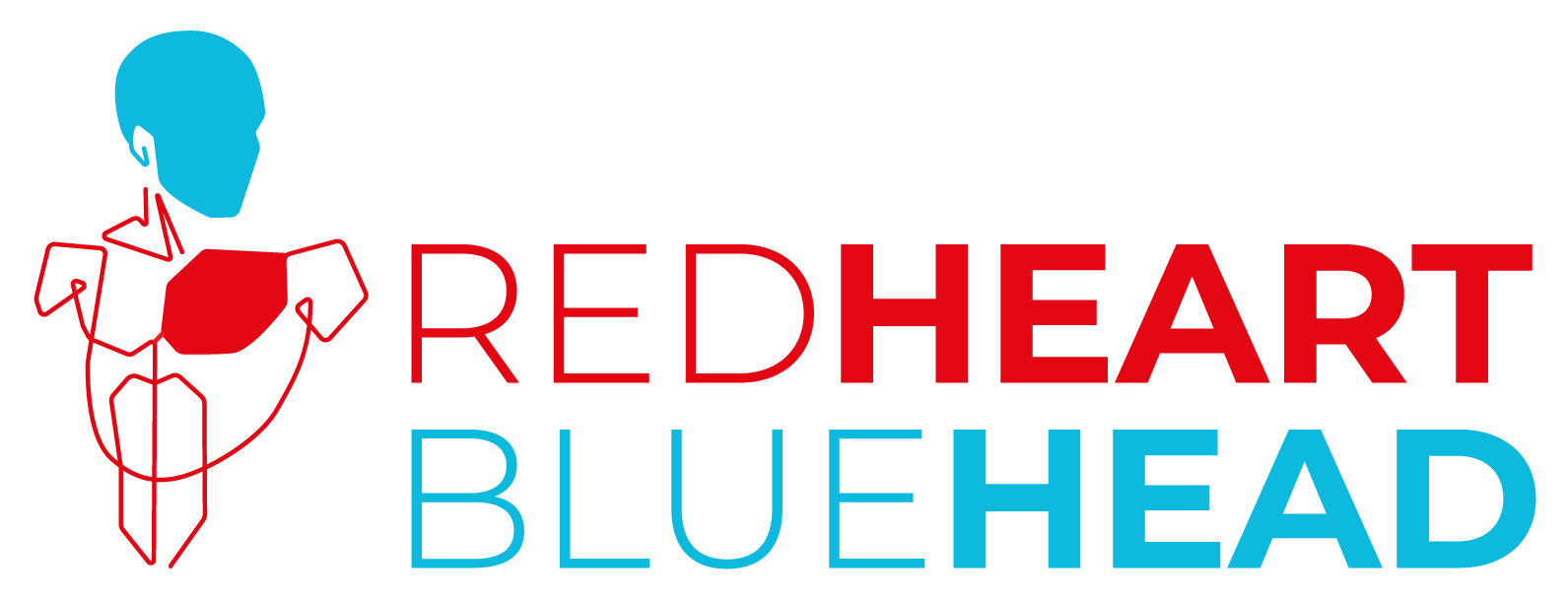Do Teams Still Matter?

Go it alone or together as a team?
We can do very little on our own. Less than we think. Teams of people can do much more.
Without farmers, warehouses, logistics providers and supermarkets how would we feed ourselves? Without brickmakers, builders and scaffolders where would we live? Without the help of others how would we manage?
We’re the person who thinks most about our needs. We’re the person who helps us the most. And yet too often we plough on alone. Self-belief shouldn’t lead to self-destruction. We have to learn to play nicely.
If we care about others, we can help them. We can trade with them and mutually help each other. Even if we don’t, our best act of selfishness is asking for help. And that’s the same for everyone else too. If we can all offer something in return, we can trade our way to what we need. Together we can help each other. Alone we can’t even help ourselves.
Teams. What’s in the name?
Teams are just a task delivery mechanism. They’re a convenient construct to share skills, expertise and time. What matters more than the mechanism is what’s being delivered and why it matters. Without a motivating purpose, people don’t tend to share their skills and expertise. Without a motivated workforce, whatever it is won’t be delivered on time, on budget and to specification.
Whether a working group is called a ‘team’ or a ‘co-acting group’ matters far less than the motivations of everyone involved. A label has no power without a compelling backstory and an inspiring future. The matching of purposes and goals is where real power comes from.
Close the Goals Gap
Where a person feels at odds with their organisation’s purpose, goals, values or beliefs they naturally hold back and give less of themselves. That costs them and their organisation. The larger the goals gap, or the longer the period of difference, the less of the person shows up to work. That cost keeps rising.
As an indirect result of the pandemic, there are more goals gaps than ever between workers and their organisations; and between workers and their co-workers. Organisations need to re-set now, rather than just carry on regardless. They need to orchestrate a re-matching of purpose, goals, values and beliefs.
The fewer the gaps, the more synergy and shared empathy there is. Collaboration isn’t created in a lab, it’s person to person relationships. Closing the gaps, increases the engagement. If your people aren’t with you, you can’t achieve sustainable success. At Manchester City, football Manager Pep Guardiola has managed to keep a whole squad of players happy, engaged and performing at their best. That takes its of one on one relationship building. But when it’s done well it pays off.
Who you decide to recruit and who you choose to retain has never been more important.
Do Teams really work?
The answer is yes, but only if they raise their game. They need to come more than just a name. A group of unenthusiastic work colleagues, bringing different agendas and a sense of internal competition is not the team you are looking for.
From Teams to Tribes
Rather than deconstructing teams, I would advocate enhancing them, not once but twice. The level above a team is a tribe. Tribes are naturally selfless and collaborative, because they have shared purposes, goals, values and beliefs. Tribe members freely make suggestions and offer ideas because it’s a collaboration not a competition.
Tribe members are happy to help each other, because of the sense of inclusion and belonging that tribes offer. They share the rewards as well as the responsibilities, because they care about each other and their shared purpose.
By plugging any goals, purposes, values and beliefs gaps between your organisation and your people, you can start to develop tribal behaviours.
From Tribes to Super-tribes
But tribes also have limitations. They can be too insular, too self-focused. If the principle of shared purposes and goals works inside a tribe, there must be another level above tribes.
The highest form of ‘team’ is a ’Super-tribe’ which is a tribe of tribes. It’s where you take the principle of sharing purposes, goals, values and beliefs beyond your tribe. It’s where you find shared interests with other organisations and team-up. In a Super-tribe all your external stakeholders are actively working for your tribe’s interests, as well as their own.
It’s never been more important to choose your external partners and alliances wisely. They should be powerful, contributing members of your Super-tribe. If your external stakeholders aren’t working for you, you need to replace them. Otherwise they’ll undermine your organisation’s purpose, goals, values or beliefs.
More on how to build a Super-tribe
There’s more to creating a Super-tribe, but the effort is worth it. ‘Build Your Super-tribe: How Tribal Rituals and Traditions Can Change the Modern World’ explains how and is available on Amazon.
The answer to sustainable success is more ‘team’ not less.
